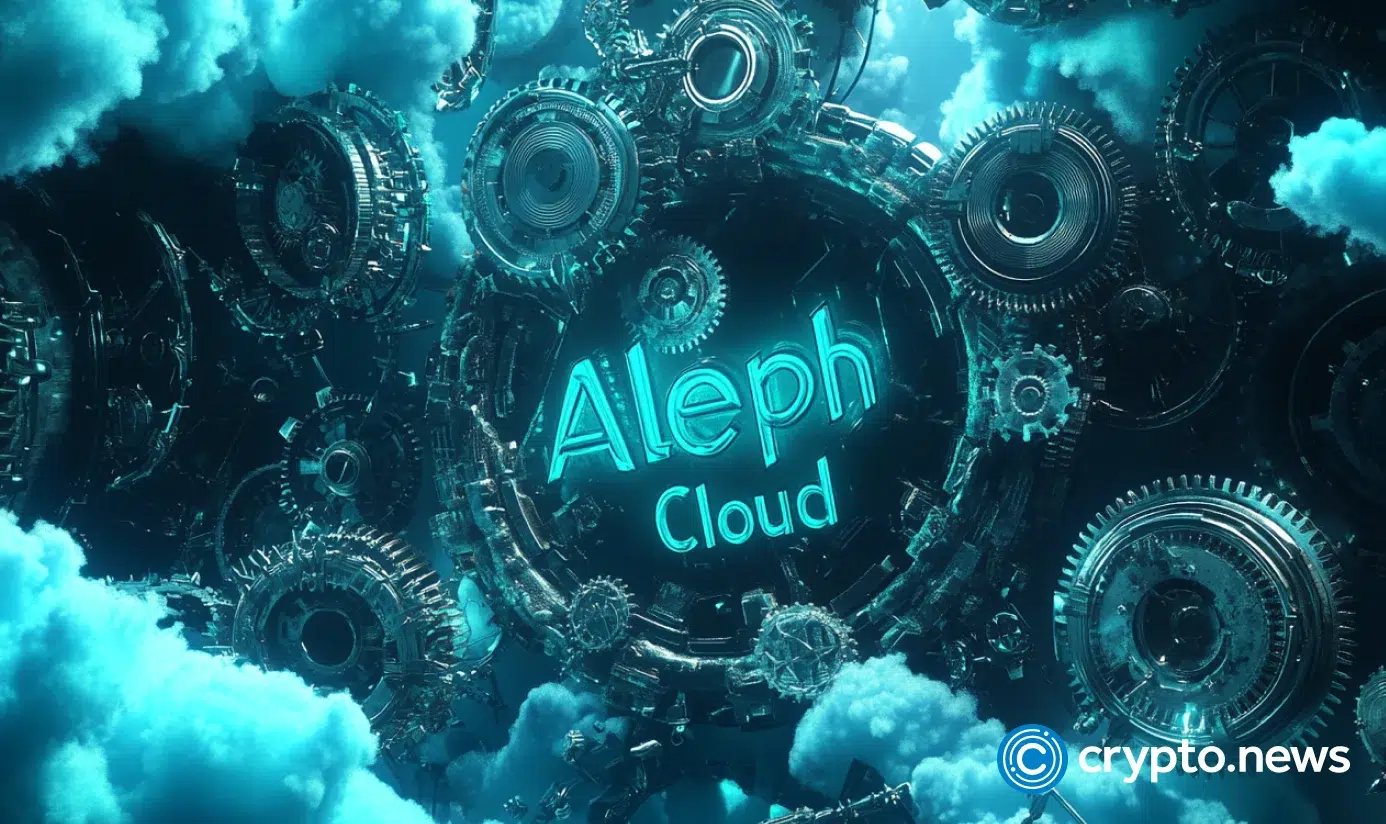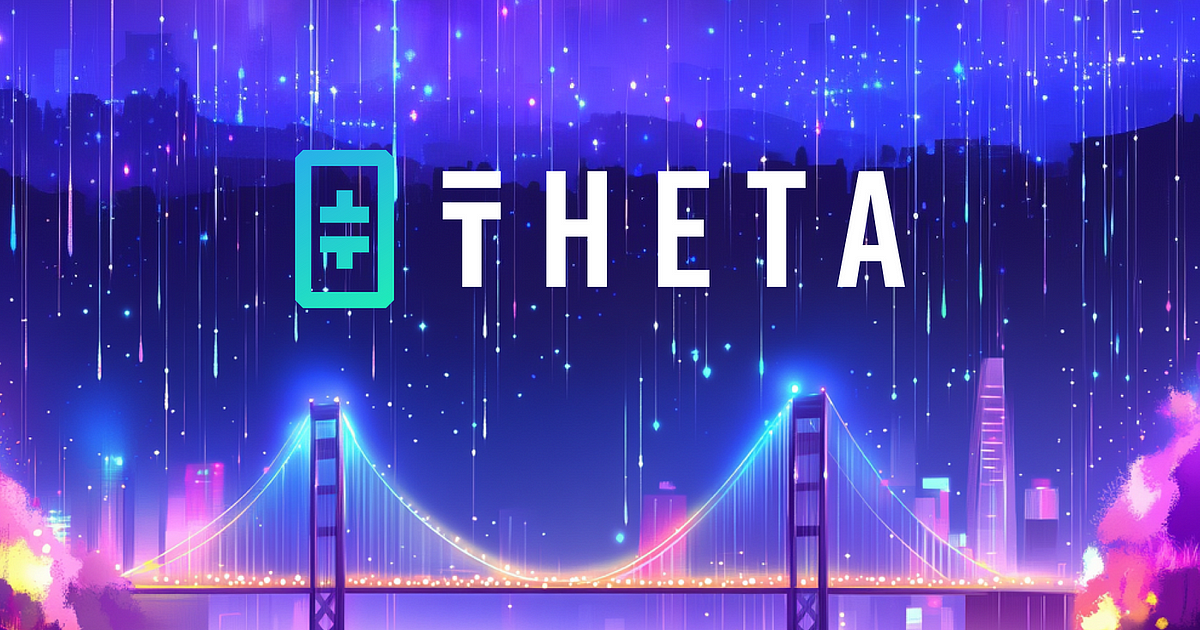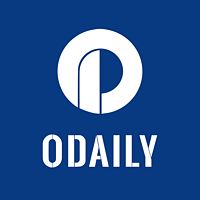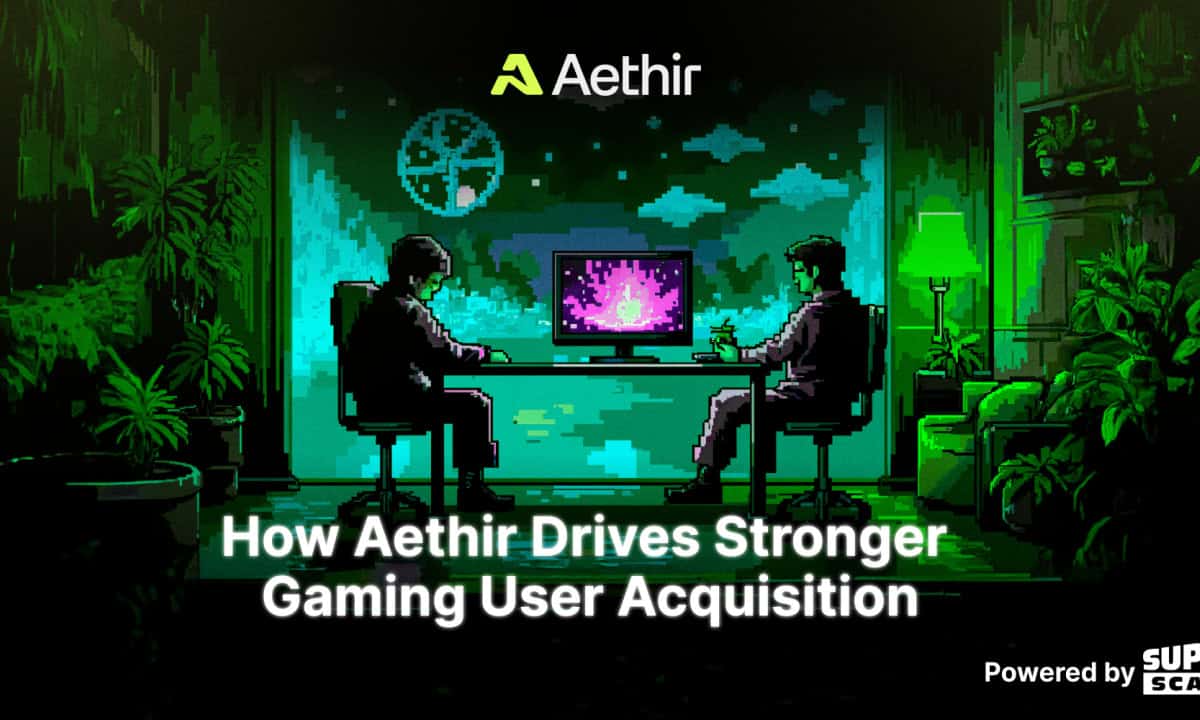Apillon Launches Decentralized Cloud Function Service for Web3 Developers

Apillon has announced the launch of its Cloud function service in collaboration with Acurast, aiming to revolutionize backend operations for Web3 developers. This decentralized, serverless infrastructure is designed to enhance performance, reduce costs, and provide maximum flexibility without compromising security. By leveraging Apillon’s new service, developers can focus on critical tasks without the fear of downtime, aligning perfectly with the core values of Web3. This initiative addresses the ongoing challenge of many decentralized applications (dapps) relying on traditional centralized cloud providers, which pose risks such as single points of failure and lack of transparency.
The partnership between Apillon and Acurast seeks to bridge the gap between decentralized solutions and the robustness offered by centralized counterparts. Apillon allows developers to deploy cloud functions seamlessly, supporting JavaScript, TypeScript, and Node.js code. The platform is equipped with API, SDK, and CLI tools for efficient deployment and management. Each deployment generates a custom HTTPS gateway, enabling familiar HTTP POST requests for Web2 developers. Additionally, the integration of Acurast’s confidential compute capabilities ensures unparalleled security and privacy for sensitive workloads, fostering innovation while maintaining data integrity.
The benefits of Apillon’s Cloud Function Service extend beyond mere functionality. It offers scalability, allowing automatic adjustments based on dapp demands, and cost efficiency through a pay-as-you-go model. This service is built specifically for Web3, enabling seamless interactions with smart contracts and off-chain data. With the promise of reliability and a decentralized environment, Apillon and Acurast are paving the way for a future where Web3 applications can thrive without the constraints of traditional infrastructure, empowering developers to focus on innovation and creativity.
Related News





